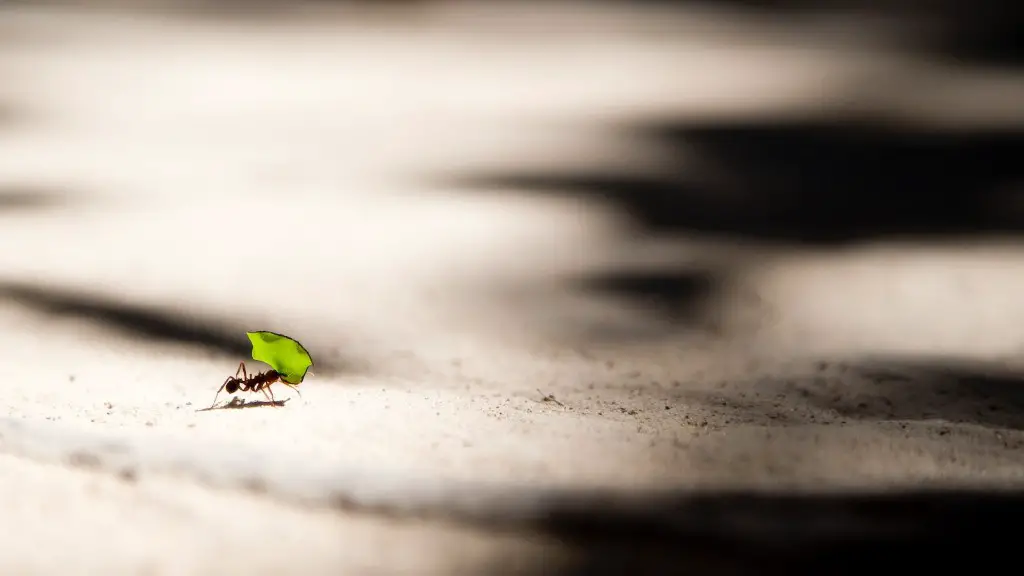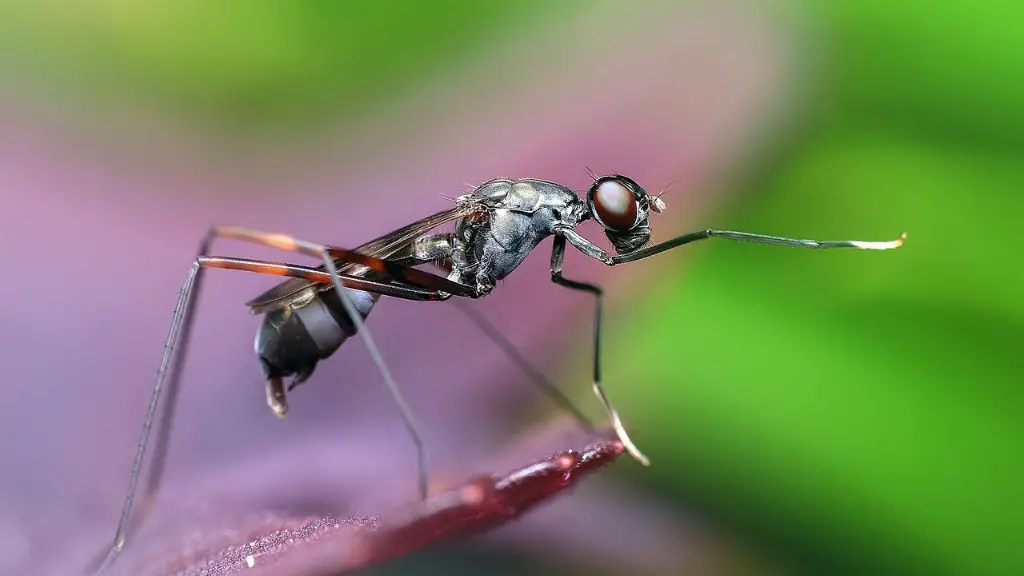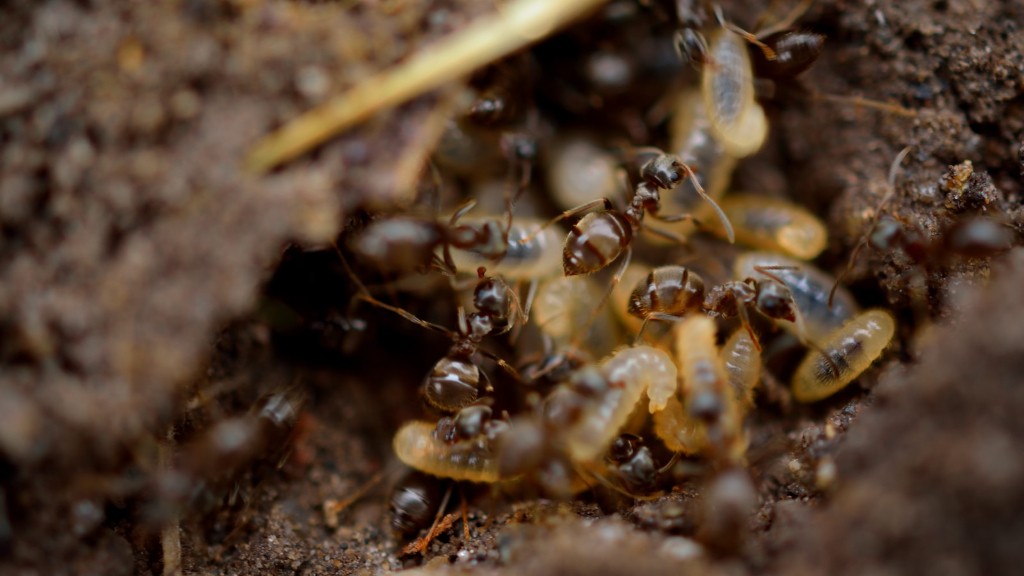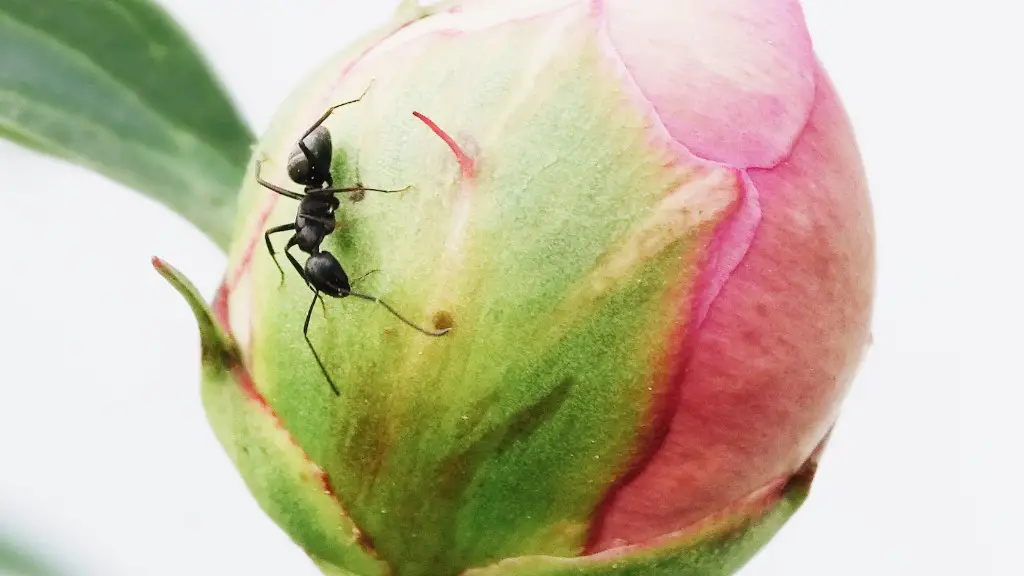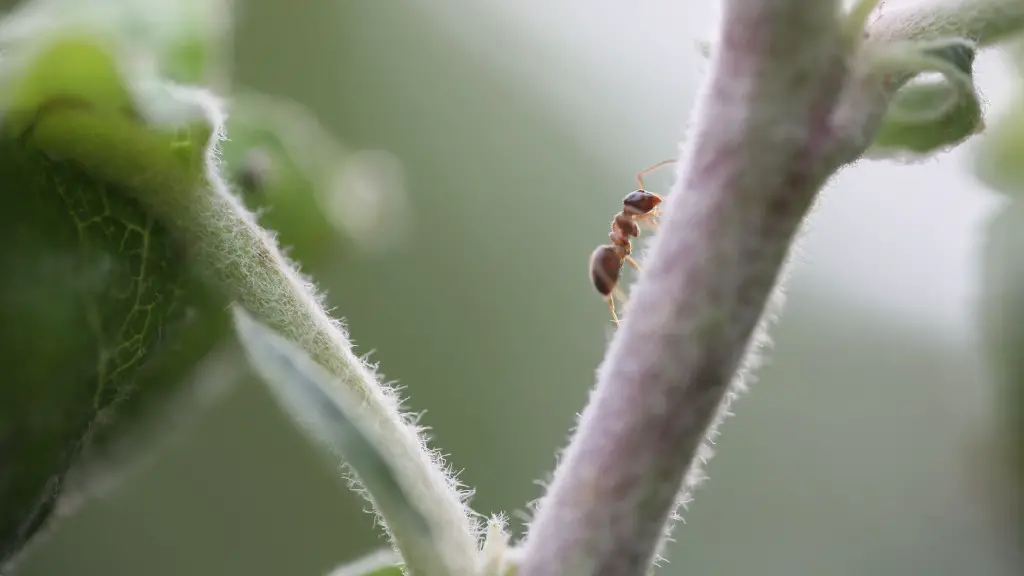Everyone who spends time in their garden will at some point get unpleasant visitors: ants. Ant infestations can be a nuisance, from getting into food containers to ruining outdoor furniture. Here are some tips to help rid your garden of these pesky insects.
The first step in getting rid of ants is identifying the type of ant. Different species of ants have different removal tactics, and it’s important to know which one you’re dealing with before you start trying to get rid of them. Some ants may require professional removal services, while others can be tackled with a few basic solutions.
Once you’ve identified the type of ant, you can start to create an ant-proof barrier. This barrier can be created with either a chemical or a physical barrier. Your barrier should be made as wide as possible, so that the ants don’t have an easy way to get into your garden or home. It’s important to remember to caulk any gaps or cracks that you find.
One of the simplest solutions to getting rid of ants is using baits. Ant baits are readily available at most home and garden stores. These baits should be placed in areas that you’ve identified as ant hotspots so that the ants will be drawn to them. Ant baits are typically formulated to target a specific species of ant, so make sure you get the right type.
There are also some natural solutions you can use to get rid of ants. A popular solution is to use disinfectants and boiling water. You should mix the two together and spray the mixture onto ant hills. This will not only get rid of the existing ants, but it will also stop the queen from laying new eggs. You can also use vinegar and detergent or citrus juice to keep the ants away.
Finally, to keep ants from coming back, make sure your garden is kept clean and free of rotting food and any other potential ant food sources. Regularly tidying up and washing outdoor furniture can reduce the chances of an infestation occurring again. If you do find ants in your garden, you should take immediate action to get rid of them as soon as possible.
Methods of prevention
Preventing ants from returning to your garden is the best way to manage the problem. Sealing any cracks around your home, garage, fence, and garden shed can help prevent ants from gaining access to your home. You should also keep an eye on any trees or shrubs that may have aphids or other insects, as these can attract ants. In addition, it’s important to keep your garden clean of any rotting food and other debris.
Another method of prevention is the use of insect repellents or traps. Insect repellents can be effective in keeping ants away from your home and garden, while traps and baits can be used to reduce the ant population. These methods are most effective if used in combination and should be used periodically in order to maintain their effectiveness.
For larger infestations, it’s best to contact a professional pest control company. These companies can use their expertise and knowledge of ant behavior to get rid of them quickly and efficiently.
Home remedies
For small infestations, there are some simple home remedies to try. Sprinkling cinnamon powder along windowsills and other entry-points for ants can discourage them from entering your home. You can also use food-grade diatomaceous earth to help keep ants away. This is a natural powder made up of fossilized diatoms and can be used both indoors and outside.
Another easy solution is to fill small containers with vinegar and sugar and place them near the ant infestation. The sugar will attract the ants, while the vinegar will kill them. You can also make a spray with a few cloves of garlic, a few tablespoons of chili powder, and a gallon of water. This should be sprayed in the areas where you find the ants.
Hire a professional
If home remedies aren’t working, or if the infestation is extensive, it’s best to contact a professional. Pest control companies have specialized equipment and knowledge that can help eliminate the ants quickly and safely. They will also be able to offer advice on how to keep the ants from coming back.
It’s important to remember that when it comes to getting rid of ants, early intervention is key. If you act quickly, you can prevent the infestation from getting out of hand and save yourself from a lot of hassle. Keep these tips in mind and you should be able to keep your garden ant-free for years to come.
Natural predators
Introducing natural predators to your garden can also help in keeping the ant population in check. Predators such as frogs, toads, lizards, and certain types of beetles can help keep the ant population under control. You can also introduce birds to your garden, which will feed on ants, aphids, and other garden pests.
In addition to predators, parasitic wasps can also help keep the ant population in check. These tiny wasps lay their eggs inside the bodies of ants, and the resulting larvae feed on the ant’s body. While these wasps can be purchased online, it’s best to contact your local nursery or pest control company for more information.
Invasive ant species can also be managed using biological control. This involves introducing species that compete with ants for food and resources, such as spiders and ground beetles. These species can help keep the ant population in check without the use of chemicals.
Cultural Tactics
In addition to the above methods, regular lawn and garden maintenance can help keep ants away. You should regularly sweep and clean up around your garden, dispose of debris, and seal any cracks or crevices. You should also try to keep grass and weeds short and don’t pile wood or leaves near your home or garden, as this will attract ants.
In areas where ants are rampant, you may want to consider planting certain plant species that can repel ants. These include mint, chrysanthemums, geraniums, and fennel. In addition, mulches such as cedar and pine can also help deter ants.
Finally, one of the best ways to prevent ant infestations is to keep food sealed and stored away from ants. Even the smallest morsel of food can attract them, so make sure you clean up any spills or crumbs quickly. It’s also important to regularly clean and store away dishes, cutlery, and food containers so that ants won’t be attracted to them.
